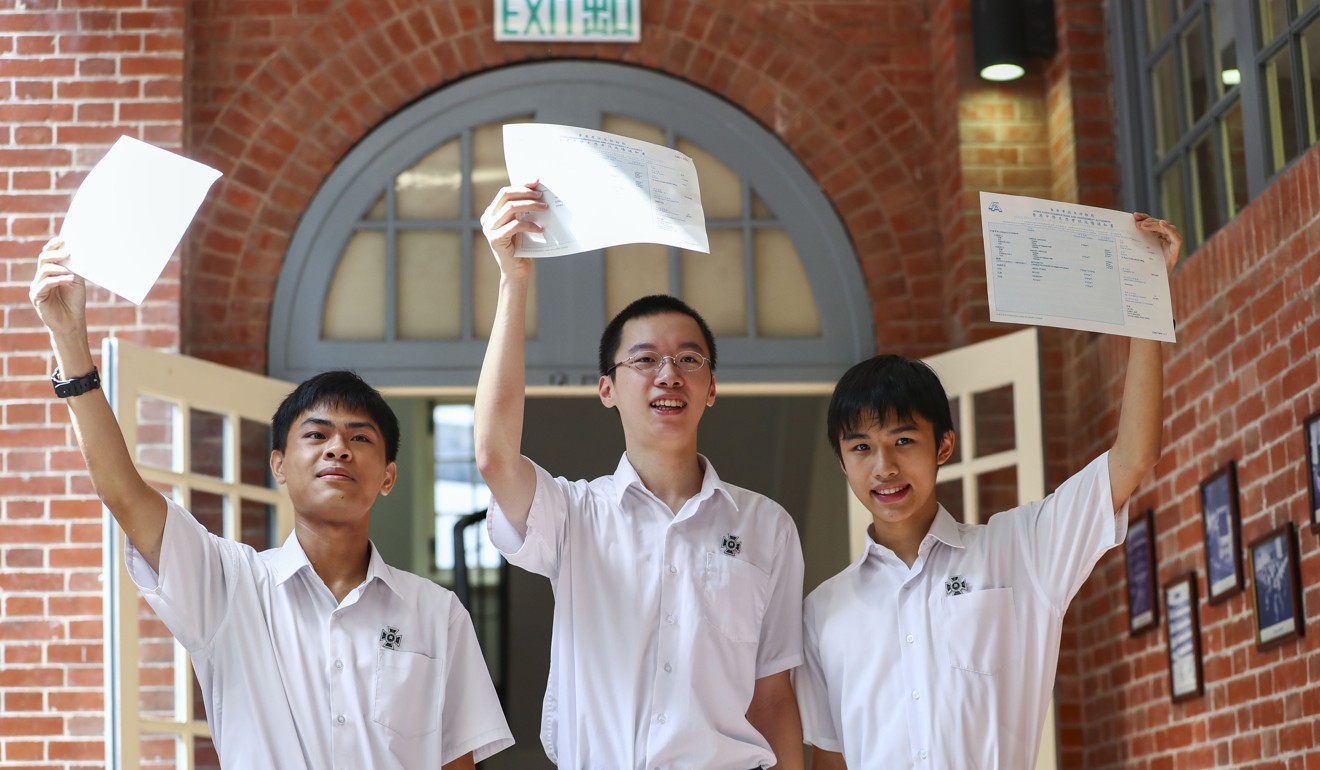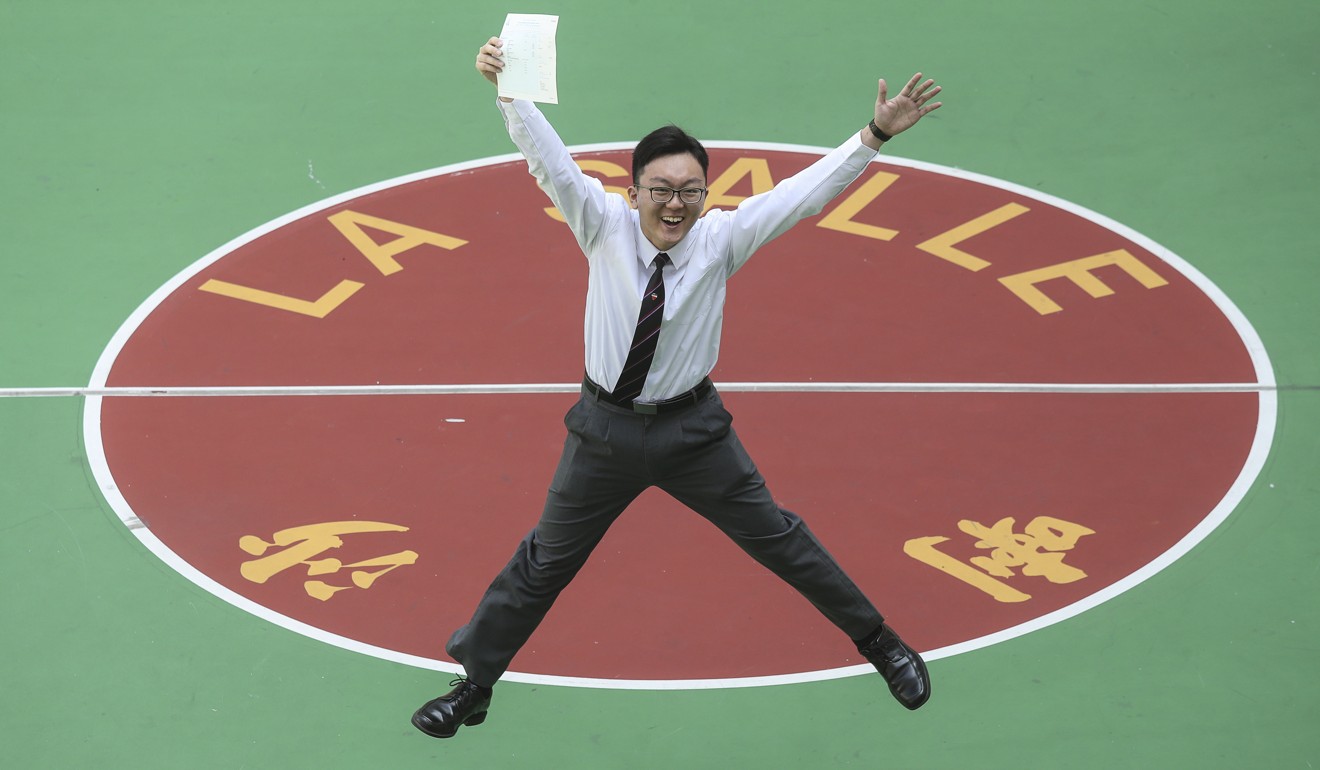
University education is not the only route to success
Hongkongers, from an early age, have it drummed into them that without a tertiary qualification, life is almost not worth living; this could not be further from the truth
The local news over the past week has been dominated by education, or more precisely, examination results – diligent pupils allocated to their favourite elite schools; secondary school heads supporting the easing of language requirements for university admission; university hopefuls facing tougher competition this year; and the best scorer ever in the university entrance exam.
Newsworthy as they are, the headlines say something about Hong Kong education and, to a certain extent, our social values.
Like it or not, good schooling and university education remain the benchmarks of success in our society.

Unfortunately, not all can make it.
Although fewer students – 59,000 – sat for the Diploma of Secondary Education exam this year, more managed to meet the minimum requirements for admission to university.
With some 15,000 publicly funded university places up for grabs – which means roughly three candidates vying for two places – the competition is stronger than last year.
Some 6,000 qualified candidates will miss out.
How to make the most of preschool education in Hong Kong
It may be coincidence that a survey found that 62 per cent of the secondary school principals supported lowering the English and Chinese proficiency requirements for university admission.
About 85 per cent agreed that publicly funded university places should be increased.
The Hong Kong Association of the Heads of Secondary Schools argues that society needs a diversity of talent, not just people with good language skills.
Students poor in languages but who excel in other subjects should also be given a chance.
It might be argued that universities should be open to all regardless of language proficiency.

But the truth is that the competition for university places in recent years has been less severe than before.
Separately, employers have been complaining that graduates now have weaker language skills. So it is also in the students’ own interests to reach a certain level of proficiency in languages.
The university-first mentality is rooted as early as in childhood.
Delivering the goods in DSE exams, despite huge hurdles
Owing to pressure from parents and schools, children as young as 11 already realise the importance of good schooling.
A TV news report showed a primary school pupil in tears of joy – and perhaps relief – after he was allocated to his favourite elite secondary school. He said he spent an average of five to six hours a day studying.
The boy was among the 75 per cent of pupils who got into the school of their first choice. But many more have to settle for their lower preferences in the annual territory-wide secondary school allocation exercise.
As the Chinese saying goes, failure is the mother of success. There is more to life than just exams and university education, and certainly there are many more choices available to maximise one’s potential.

